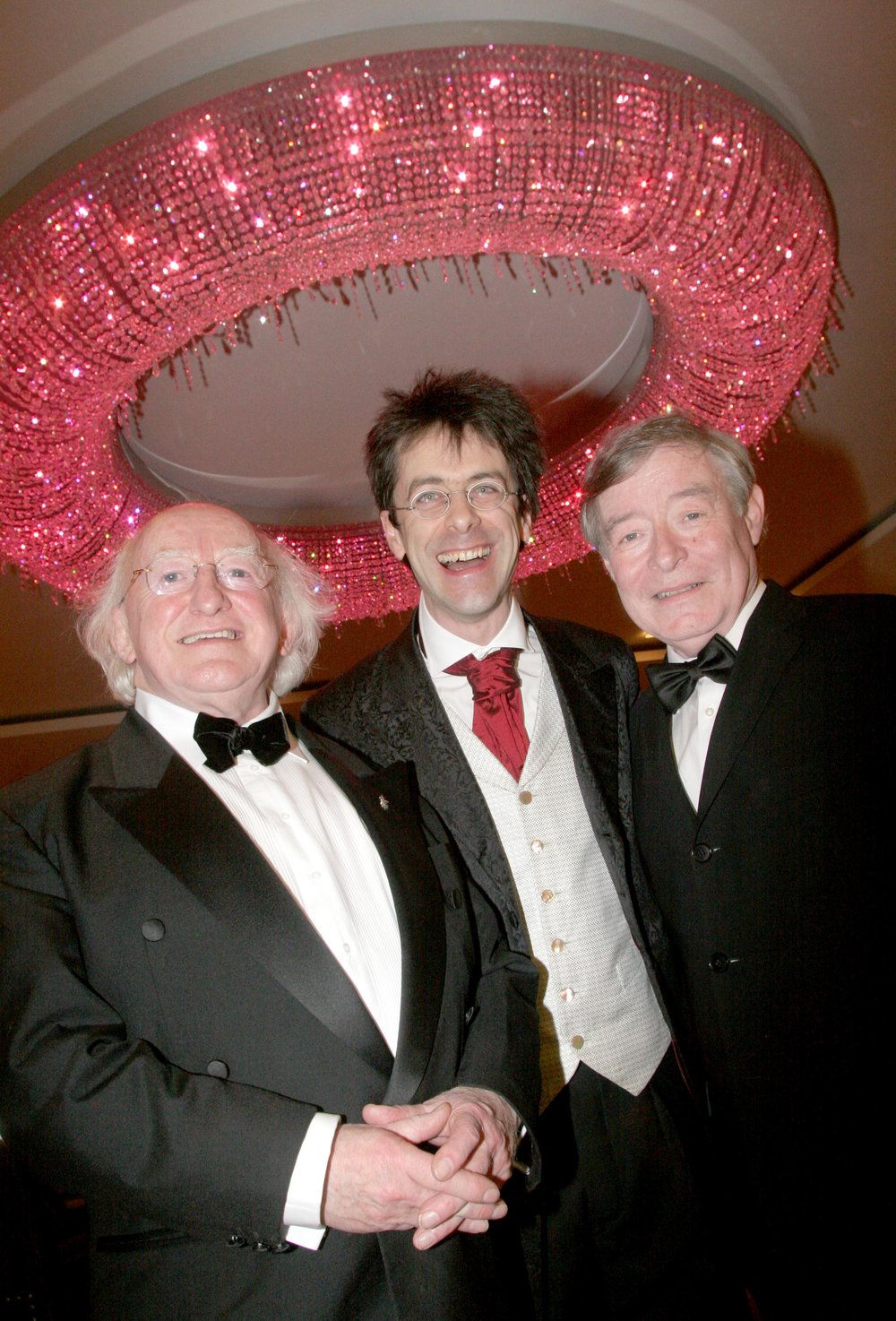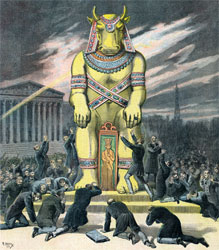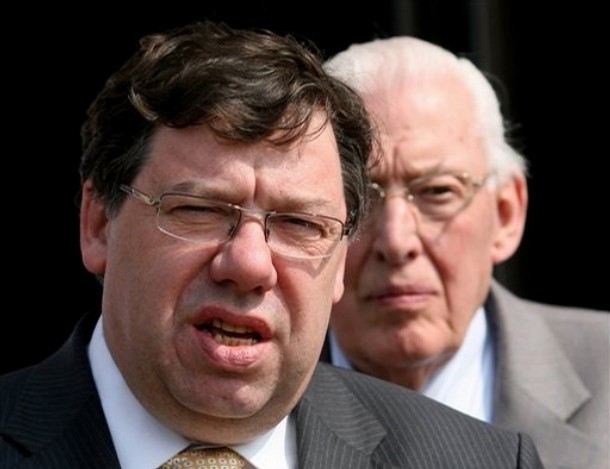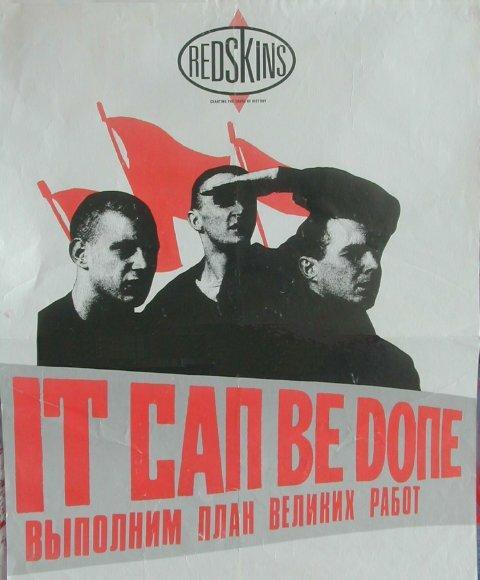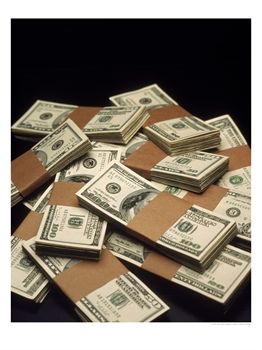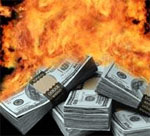The Great Irish Bank Collapse Sweepstakes - and they're off!
/
Well, it's not the end of the world, but it's going to feel like it for quite a while. The US government bail-out plan was voted down by Congress a few hours ago. If the plan had been passed, it would have given the illusion that things were going to be OK. (Things would not have been OK.)
Now, we won't even have the comforting illusion.
An an Irishman with my fortune (eleven euro) in an Irish bank account, I have a keen interest in the future of the Irish banking system. The main question seems to me to be, in what order will they fail? I reckon it's going to be a photo-finish for first place between Anglo Irish Bank and Irish Life and Permanent. (Though will dark horse Irish Nationwide Building Society make a late surge for the line?) After that, who knows. But they're all banjaxed.
Every Irish bank is massively over-exposed to Irish and UK residential and commercial property, and to Irish developers who can no longer service their vast loans. The Irish banks have been keeping their developers afloat artificially for the past year, in the hope things would miraculously turn around. Things haven't, they won't for years, and soon all the bad debts will have to appear on the books, dragging both banks and developers under. If the Germans and Swiss find the books of the Irish banks too revolting, and can't bring themselves to purchase the wreckage, then the Irish government (with some very irritated help from the European Central Bank) will have to recapitalise the entire banking sector. All this will have to be done during a global financial crisis. It's going to be comically awful, like having to change your tyre in the middle of a demolition derby.
I lived through the Irish property boom of the past decade with ever-mounting incredulity. It really was the most extraordinary case of mass delusion since everybody drank Kool-Aid in Jonestown. And if you want cast-iron evidence that I'm not pretending to be wise after the fact, here I am on Irish television, in May of 2007, saying exactly that, to the stony silence of the studio audience, all of whom had just bought an investment property the day before, and would be buying another one the day after.
(Oh yeah. banks and hedge funds and other financial institutions will also be imploding across America and around the world after this, but I'm so bored with the USA, I thought I'd talk about Ireland for a change... Ah heck, one more US prediction: good, old-fashioned, retro, Depression-era bank runs in America, starting tomorrow.)





